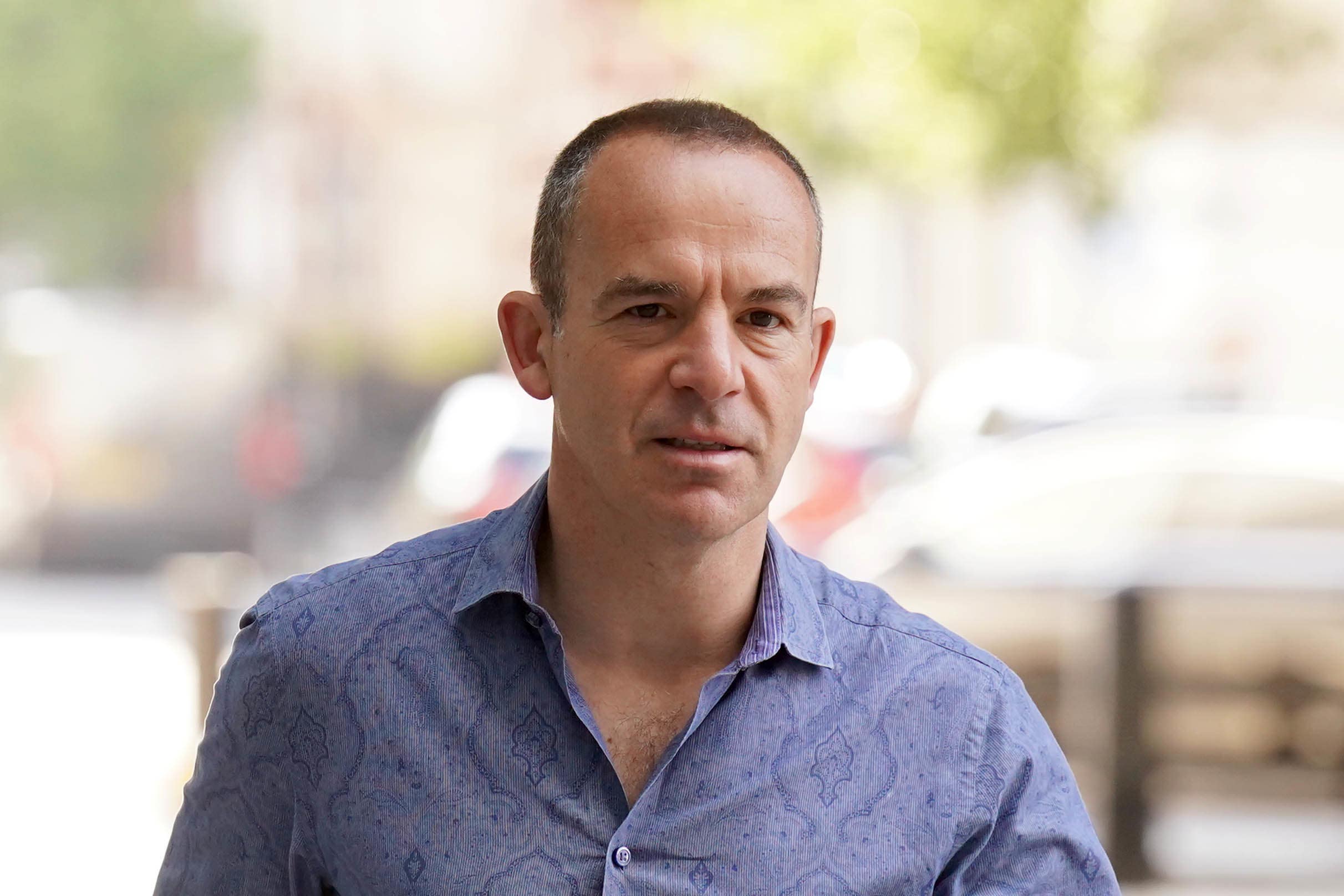Martin Lewis urges customers to take urgent action ahead of price cap change
Consumer financ expert says customers should submit a reading to reduce the risk of ‘”estimating” going against you’
Your support helps us to tell the story
From reproductive rights to climate change to Big Tech, The Independent is on the ground when the story is developing. Whether it's investigating the financials of Elon Musk's pro-Trump PAC or producing our latest documentary, 'The A Word', which shines a light on the American women fighting for reproductive rights, we know how important it is to parse out the facts from the messaging.
At such a critical moment in US history, we need reporters on the ground. Your donation allows us to keep sending journalists to speak to both sides of the story.
The Independent is trusted by Americans across the entire political spectrum. And unlike many other quality news outlets, we choose not to lock Americans out of our reporting and analysis with paywalls. We believe quality journalism should be available to everyone, paid for by those who can afford it.
Your support makes all the difference.Martin Lewis has urged people who pay their energy bills by direct debit to submit meter readings to avoid shelling out more than they need to.
The energy price cap, set by industry watchdog Ofgem, is set to drop from £3,280 to £2,074 from 1 July, meaning customers will pay less for each unit of gas and electricity used.
Consumer finance expert Mr Lewis has urged households to submit gas and electric meter readings a day or two on either side of Saturday to reduce the risk of “‘estimating’ going against you”.
“With monthly direct debit, firms estimate your usage, and assign it to a certain period, so submitting a reading within a few days of the change (many let you backdate a few days too) reduces the risk of their ‘estimating’ going against against you (though there’s always a chance a discrepancy could end up in your favour),” the Money Saving Expert founder explained on Twitter.
“Take a pic of the meter for belt ‘n’ braces,” he added.
Energy bills started to rise coming out of the Covid pandemic and sky-rocketed during Russian president Vladimir Putin’s illegal invasion of Ukraine in February last year.
They have started to come down more recently due to the falling wholesale price of gas, resulting in the price cap being lowered.
Although the previous cap, set in April, was £3,280, customers paid £2,500 due to the government’s Energy Price Guarantee Scheme, which has since come to an end.
And earlier this week a fuel poverty charity warned that thousands of households were at risk of losing out on the £400 energy bill support provided by government.
Many people on prepayment meters, often the most vulnerable, have not received the Energy Bills Support Scheme vouchers that were paid out between October 2022 and March 2023 - with a combined £100 million still yet to be claimed before Friday’s deadline.
The Energy Bill Support Scheme is separate from the price guarantee scheme.
Any household with an electricity supply in England, Scotland and Wales was eligible for the government’s £400 discount, with the payment sent automatically in instalments to those paying by direct debit.

People on traditional prepayment meters were due to receive vouchers by text, email or post to redeem when they top up at the usual point - but many have gone unclaimed.
Adam Scorer, chief executive of fuel poverty charity National Energy Action, urged anyone who has not claimed the vouchers to contact their electricity supplier.
He said: “As energy bills have spiralled, National Energy Action knows how crucial the government’s Energy Bills Support Scheme has been.
“The £400, paid in six instalments of £66 or £67, has helped many people this winter.
“But prepayment customers - often some of the most vulnerable - were paid in vouchers and millions remain unclaimed.”
Jeremy Hunt, the chancellor, questioned consumer watchdogs on Wednesday over what powers they can use to help lower prices as concerns grow that firms are exploiting rampant inflation to boost their profits.
He was set to meet the Competition and Markets Authority (CMA), and the regulators for the energy, water and communications sectors to press them on whether there is a profiteering problem and what they are doing to tackle it.
The meeting with the CMA, Ofgem, Ofwat and Ofcom comes after the Bank of England suggested some retailers were hiking prices or failing to pass on lower costs to consumers as a way of increasing their profit margins at a time of stubborn inflation.
The bosses of the regulators declined to comment after leaving their meeting with Mr Hunt.
Sarah Cardell from the CMA, David Black of Ofwat and Jonathan Brearley of Ofgem all declined to comment as they left 11 Downing Street.




Join our commenting forum
Join thought-provoking conversations, follow other Independent readers and see their replies
Comments